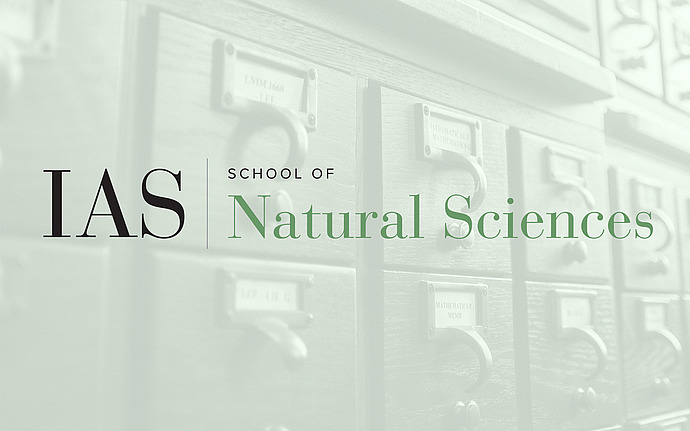
Princeton Plasma Physics Laboratory (PPPL) Theory Seminar
Continuum Kinetic Schemes for Vlasov-Maxwell Equations, with Applications to Laboratory and Space Plasmas
ADDED - Increasingly accurate laboratory experiments and satellite observations have led to a "golden age" in plasma physics. Detailed kinetic features, including distribution functions, can now be measured in-situ, putting severe strain on theory and modeling to explain the experiments/observations. The Particle-In-Cell (PIC) method remains a powerful and widely used tool to study such kinetic physics numerically. Recently, complimenting the PIC approach, significant progress has been made in discretizing the Vlasov equation directly, treating it as a partial differential equation (PDE) in 6D phase-space. In this talk, I present a high-order discontinuous Galerkin (DG) algorithm to solve the Vlasov equation. This continuum scheme leads to noise-free solutions and, with the use of specially optimized computational kernels, can be very efficient, in particular, for problems in which the structure of distribution functions and its higher-moments are required. In addition, with a proper choice of basis functions and numerical fluxes, the scheme conserves energy exactly, while conserving momentum to a high degree of accuracy. Applications of the scheme to (a) kinetic saturation mechanism of Wiebel-like instability and (b) turbulence in the solar wind are presented. We demonstrate a new and novel mechanism for the nonlinear saturation of the Wiebel instability that comes about from a balance between filamentation and a secondary electrostatic two-stream instability. We use 5D simulations of turbulent plasmas to study detailed kinetic physics of magnetized turbulence, showing that the solution contains remarkable amount of detail in the distribution function, leading to new and novel insights the nature of kinetic wave-particle exchange in turbulent plasmas.and ground-based observation (e.g. carried out by riometers), and therefore we consider our scenario of the dipolarization process to be feasible.
Date & Time
June 22, 2017 | 10:45am – 11:45am
Speakers
Ammar Hakim
Affiliation
Princeton Plasma Physics Laboratory
Categories
Notes
Contact Jennifer Jones (jjones@pppl.gov) for entrance to laboratory. Video conferencing via the Zoom software is available upon request.